Premises Liability
New Hampshire Personal Injury Lawyer
Premises Liability Attorneys in New Hampshire
You want attorneys who understand the different types of slip and fall accidents and can help you in getting a recovery. Insurance carriers for supermarkets, convenience stores, and other companies are very aggressive about trying to avoid responsibility for slip and fall accidents. You need an attorney who can help you deal with injuries from falling because of ice and snow and other hazardous conditions.
Remember, property owners have a duty and a responsibility to maintain their premises in a safe condition. If they fail to do so, you need an attorney who can help you achieve a recovery for a property owner’s failure to be responsible in maintaining their property.
For example, you could be walking into a supermarket early in the morning after a snow fall or after freezing rain has fallen. Sometimes supermarkets hire plow contractors to salt and sand the premises. If they didn’t get there in time for the store’s opening, you could be experiencing a hazardous condition when you walk into the supermarket. Many clients have been injured under circumstances like this, and then it becomes the responsibility of the plowing contractor or the supermarket to take care of the person injured because of their negligence.
Learn more about how our premises liability attorneys in New Hampshire can help you. Contact us online or call (603) 742-5222 today!
Common Causes of Slip & Fall Accidents
Supermarkets sometimes do not make sure that there is proper removal of moisture in the entrance area. There are often mats in the doorways of various commercial establishments that are not properly maintained. Sometimes they curl up, and store employees may not make sure that the mats haven’t been folded or haven’t been altered as a result of continuing traffic. This can create an unsafe condition, and if you are injured as a result of such an unsafe condition, you need to make that your attorneys can help you by getting a proper and complete recovery.
There may be a company that is supposed to plow the place where you work. If they don’t stand up to their responsibility and make sure that you have a safe ability to get in and out of your place of employment, you may have both a personal injury case against the plow contractor and a workers’ compensation claim.
A lawyer from Wyskiel, Boc, Tillinghast & Bolduc, P.A. can help you with your personal injury case against the plowing contractor and with a workers’ compensation case with your employer. Your lawyers need to have an understanding of the facts of the slip and fall case to make sure whoever didn’t stand up to their responsibility has to be held responsible for your injuries.
Our Personal Injury Lawyer
Serving NH & MA

Demanding Answers & Justice
You might live in a condominium association that contracts out for plowing. If that plow company doesn’t show up on time and you go to work and ice or snow hasn’t been properly taken care of, you could fall and sustain a severe injury. People who slip and fall have severe head injuries, shoulder injuries, arm injuries and often a variety of very severe back injuries. Negligence in maintaining premises in a state like New Hampshire is absolutely imperative and a slip and fall accident attorney from Wyskiel, Boc, Tillinghast & Bolduc, P.A. can help you get the recovery you deserve after someone has dropped the ball and failed in their responsibilities.
Were You Injured Because of Someone’s Negligence?
Most personal-injury claims are based on a legal concept known as “negligence.” Negligence is a concept not defined by a state or federal statute, but by what is known as the “common law.” Essentially, common law is legal principles developed through centuries of court decisions. Negligence is the failure to use reasonable care.
A shopkeeper might be negligent if he fails to clear ice from the walkway in front of his store and a customer slips and falls. If a driver rear ends you because he was looking at his phone and not paying attention to the road, he also might be negligent.
In New Hampshire. the legal elements of a “negligence” claim are similar or identical to other states.
If you were injured because of someone’s negligence, contact our premises liability attorneys in New Hampshire by calling (603) 742-5222 today!
Duty Owed
In order to be liable for negligence, the plaintiff (suing party) must establish that the defendant (responsible party) owed them a “duty of care.” In New Hampshire, the general rule is that every person has a duty to refrain from causing personal injury and property damage to third parties. For example, property owners have a duty to correct or warn guests about dangerous conditions on their land, such as:
- Black ice
- Hidden potholes
- Defective stairways
A person driving a car has a duty to other drivers to drive safely. However, a person does not have a duty to save someone else from harm, unless they of course cause that harm. Therefore, under the common law, if a person’s house is on fire, an innocent bystander would not have a legal duty to call the fire department.
Breach of Duty
In order to establish negligence, a plaintiff must then prove that the defendant breached their duty to act as a reasonable person. What constitutes “reasonable” is obviously difficult to define. For example, a young child is held to a different standard than an adult.
To determine whether duty was breached, courts will try to compare the defendant’s actions to what a fictional “average reasonable person” would do in the same exact situation. For example, the average reasonable person would not drink alcohol and then drive. Therefore, if a defendant drinks and drives and causes a car accident, they have breached their duty of care.
Caused Foreseeable Harm
Lastly, the plaintiff must prove that the defendant’s breach caused foreseeable harm. Often, this is easy to prove: It is foreseeable that driving drunk will cause a car accident. However, sometimes the connection between the defendant’s actions and the harm caused is too distant to constitute negligence.
For example, if a rotting railing on a homeowner’s deck fails and a guest falls off onto the ground and breaks his shoulder, that is foreseeable, and the homeowner might be negligent. However, if a guest falls off the deck because of a rotting railing and is uninjured, but at that exact moment a branch from a neighbor’s tree snaps and falls on top of him, breaking his arm, the homeowner would not be liable. Although the victim would not have been injured if the railing had been broken and he had not been in that exact location when the branch snapped, it was not foreseeable that this type of injury would occur due to a rotting railing. Therefore, the homeowner would likely not be found liable for the victim’s injuries.
Clearly, negligence is a difficult concept to grasp in all jurisdictions, including New Hampshire. This overview is extremely simplified and ignores many exceptions, special circumstances, and other complications.
How Our Premises Liability Attorneys in New Hampshire Can Help You
Wyskiel, Boc, Tillinghast & Bolduc, P.A. attorneys typically handle personal injury matters on a contingency fee basis. That means you do not pay unless you win, and there is typically no up-front payment required. We will negotiate aggressively on your behalf with insurance companies to try and get you the settlement you deserve without resorting to a lawsuit. If litigation becomes necessary, our decades of court experience and negotiating skills are invaluable.
If you were injured and you believe it was due to the negligence of a person or business, contact the experienced attorneys at Wyskiel, Boc, Tillinghast and Bolduc, P. A. by calling (603) 742-5222 for a free evaluation.
We’ll Fight For You
FAQ
Your Title Goes Here
Your content goes here. Edit or remove this text inline or in the module Content settings. You can also style every aspect of this content in the module Design settings and even apply custom CSS to this text in the module Advanced settings.
Do I have to pay to meet with an attorney first before I commit?
No. Our law firm offers free case evaluations to everyone in New Hampshire and throughout New England—it costs you nothing to meet with us to learn more about how lawyers and so we can learn more about you and your case.
What do I do after an accident?
If you’ve been injured in an accident, whether it’s a car crash or after slipping on a wet surface, your priority should be getting medical attention for your injuries—even if your injuries are minor or you’re not feeling any immediate pain. From there, we recommend documenting as much of your accident as possible, from taking photos of the property damage to gathering witness contact information, and then calling our firm to get started on your case. We can begin investigating your accident quickly to ensure important evidence doesn’t disappear over time.
How is a wrongful death claim different from a personal injury claim?
Victims of accidents who survive can file personal injury claims, but when they die in their accidents or later pass away from their injuries, their surviving family members or those who were financially dependent on them can file wrongful death claims. Wrongful death claims can recover most of the damages that personal injury claims recover, including medical bills, lost wages, and property damage, but they can also recover some of the damages the family members incurred, including funeral and burial bills and loss of companionship.
What should I say if an insurance adjuster calls me?
Shortly after an accident, you may receive a phone call from an insurance adjuster. While they may sound nice and say they simply want to understand what happened, insurance adjusters often try to coax certain statements from you so they can limit the amount of liability that falls on their insured. It’s important to get legal representation as soon as possible so your lawyer can handle these calls and you don’t have to risk saying something that may harm your case.
How long do I have to file my personal injury claim?
It’s important for victims to know that they don’t have all the time in the world to file a personal injury lawsuit. The amount of time you have to file a claim depends on the state where the accident and injuries occurred. For example, New Hampshire’s statute of limitations is three years, meaning victims have three years from the date of injury to file a claim successfully. Hiring a personal injury attorney can be beneficial because they understand their state’s various laws, including those governing filing deadlines.
